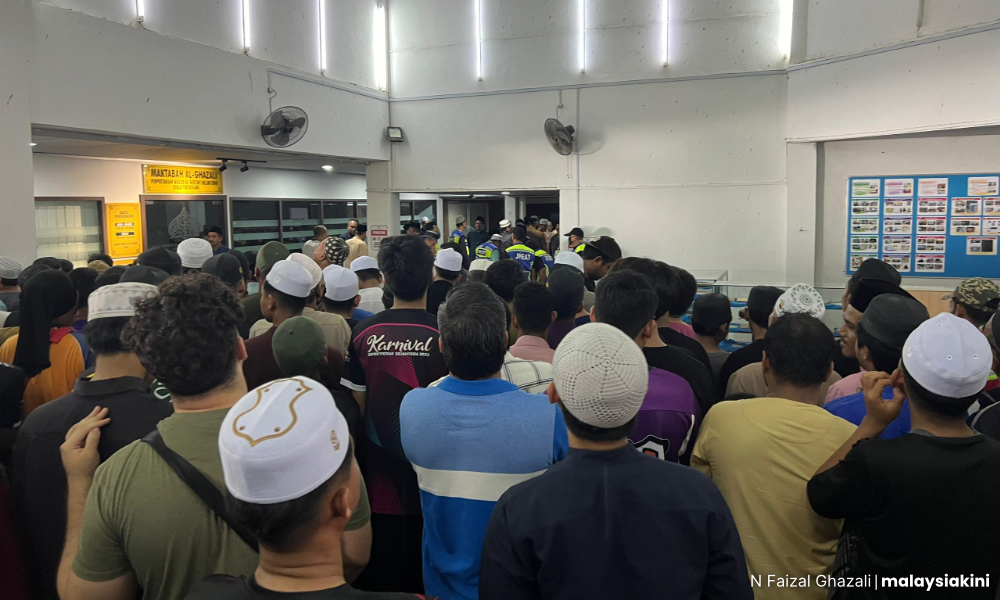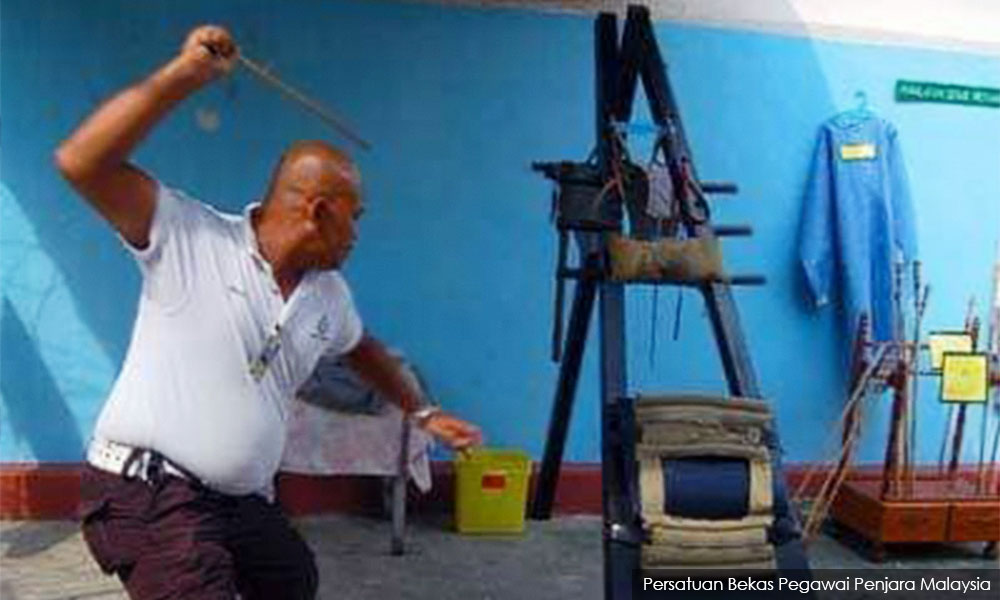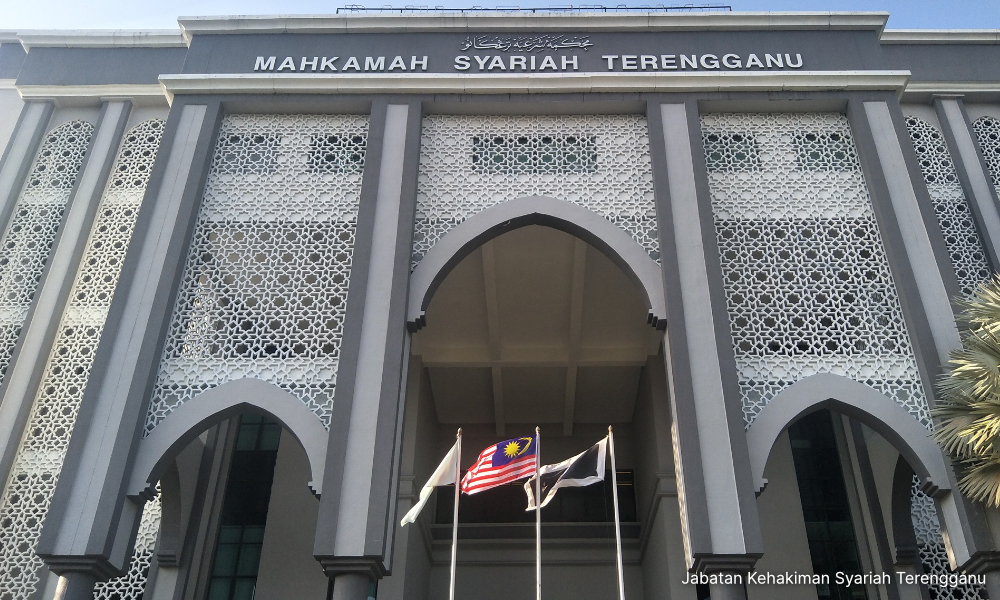On Friday, Dec 26, Malaysia endured a grave stain on its syariah justice system.
Mohd Affendi Awang, a 42-year-old carpenter and father of five, was subjected to the barbaric and degrading punishment of public caning for the offence of khalwat under Terengganu’s amended Syariah Criminal Offences (Takzir) Enactment 2022.
This ludicrous spectacle, carried out before 90 spectators at the Al-Muktafi Billah Shah Mosque, flagrantly violates the principles of compassion, justice, and human dignity that Islam so profoundly upholds.
A miscarriage of justice
Affendi was punished for repeated khalwat. How they verified his intentions and punished him remains a question. For this, he was sentenced to six lashes of the cane, an RM4,000 fine, and the looming threat of six months in jail if he could not pay.

This is not justice. It is state-sanctioned cruelty. A man struggling to provide for his family has been publicly humiliated and broken by a system that preys on the vulnerable under the guise of morality.
Where is the compassion in Islam?
Islam teaches compassion, discretion, and a commitment to protecting human dignity. The Prophet Muhammad (PBUH) warned against exposing others’ private faults and emphasised forgiveness over punishment.
Yet here we are, desecrating these sacred values by transforming personal missteps into public humiliations.
A man’s private life has been laid bare and his dignity ripped away - not in the name of justice, but as a ridiculous spectacle to satisfy a version of an interpretation of Islamic law.
Futility and cruelty of public caning
Public caning does not deter wrongdoing. It amplifies trauma, entrenches social stigma, and perpetuates cycles of humiliation and psychological harm.
Research consistently shows that such punitive measures fail to rehabilitate and instead create lasting scars - both physical and emotional.

Worse still, these punishments overwhelmingly target the poor and disenfranchised, exposing the systemic inequities that plague our justice system.
Studies have shown that public shaming often results in mental health issues like depression, anxiety, and post-traumatic stress disorder.
Behavioural psychology research also highlights that punitive measures fail to produce long-term behavioural changes. Instead, they foster social withdrawal and a likelihood of reverting to previous behaviours.
Moreover, trauma from public punishments affects not just the offender but also witnesses, leading to cycles of harm within the community.
Comparative studies on criminal justice systems emphasise the effectiveness of rehabilitation-focused approaches over punitive measures.
This growing body of evidence highlights the futility and cruelty of public caning as a deterrent or corrective measure.
Misinterpreting Islamic law
Let us be clear - khalwat is not a crime under Islamic hudud law. Islam reserves hudud punishments for specific offences with strict evidentiary standards to protect the innocent.

Khalwat neither meets these criteria nor constitutes a crime with tangible societal harm. By criminalising private conduct, the state has overreached, turning personal discretion into public transgression and trampling on the Islamic principles of mercy and justice.
Malaysia’s regressive turn
While nations like Saudi Arabia are abandoning such draconian practices, Malaysia is regressing, cementing its reputation as a nation that prioritises authoritarian control over genuine moral and societal progress.
Public caning in mosques - a place of sanctuary and peace - corrupts the sanctity of worship with violence and shame, leaving an indelible mark not just on the individuals punished, but on our national conscience.
Is this the Malaysia we want?
Is this the Malaysia we aspire to build? A nation where cruelty and humiliation are paraded as justice? A society where the poor and powerless are disproportionately punished while the privileged walk free?

True justice demands empathy, fairness, and evidence-based solutions, not the medieval theatrics of public punishment.
Call for reform
Terengganu and all Malaysian states should repeal laws that criminalise personal sins and enforce degrading punishments like public caning.
Instead, we should focus on approaches rooted in counselling, education, and rehabilitation without detention - methods that honour the values of Islam and the dignity of all Malaysians.
Let us uphold the spirit of Islam
With a new year upon us, let us chart a new course - a path of mercy, justice, and humanity that reflects Islam’s teachings.
Anything less is a betrayal of our faith, our Federal Constitution, and our shared humanity. - Mkini
SISTERS IN ISLAM is an NGO working towards advancing the rights of Muslim women in Malaysia within the framework of Islam, universal human rights principles, constitutional guarantees, as well as the lived realities and experiences of women.
The views expressed here are those of the author/contributor and do not necessarily represent the views of MMKtT.



